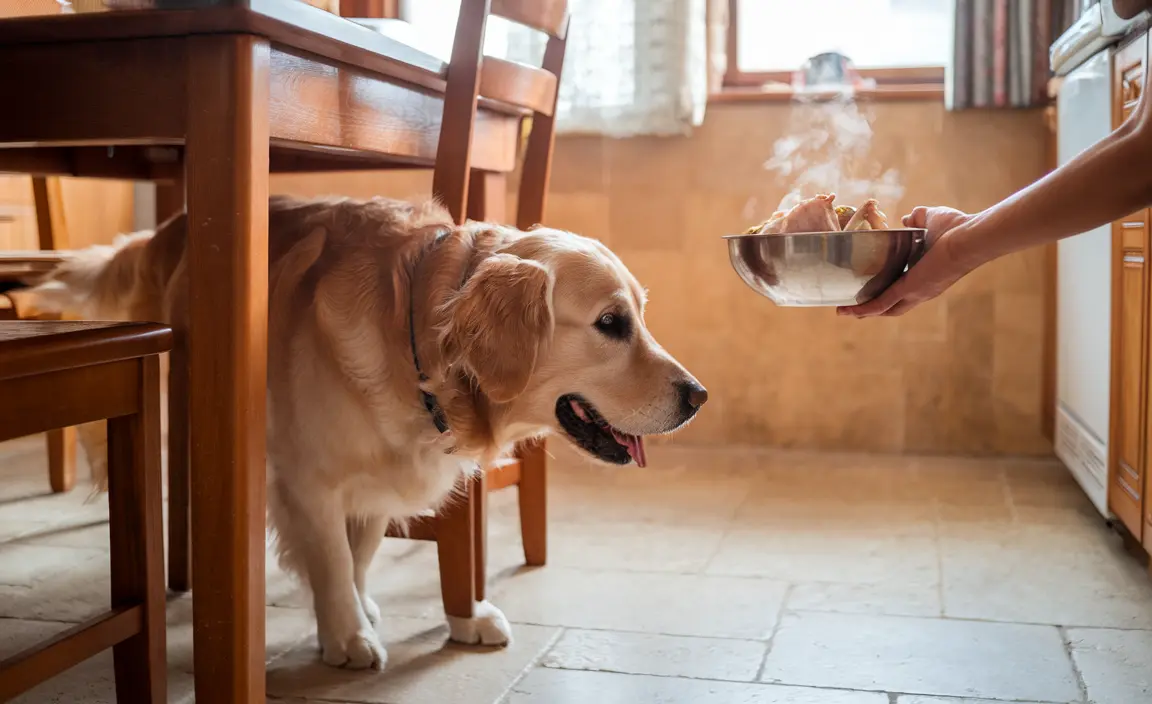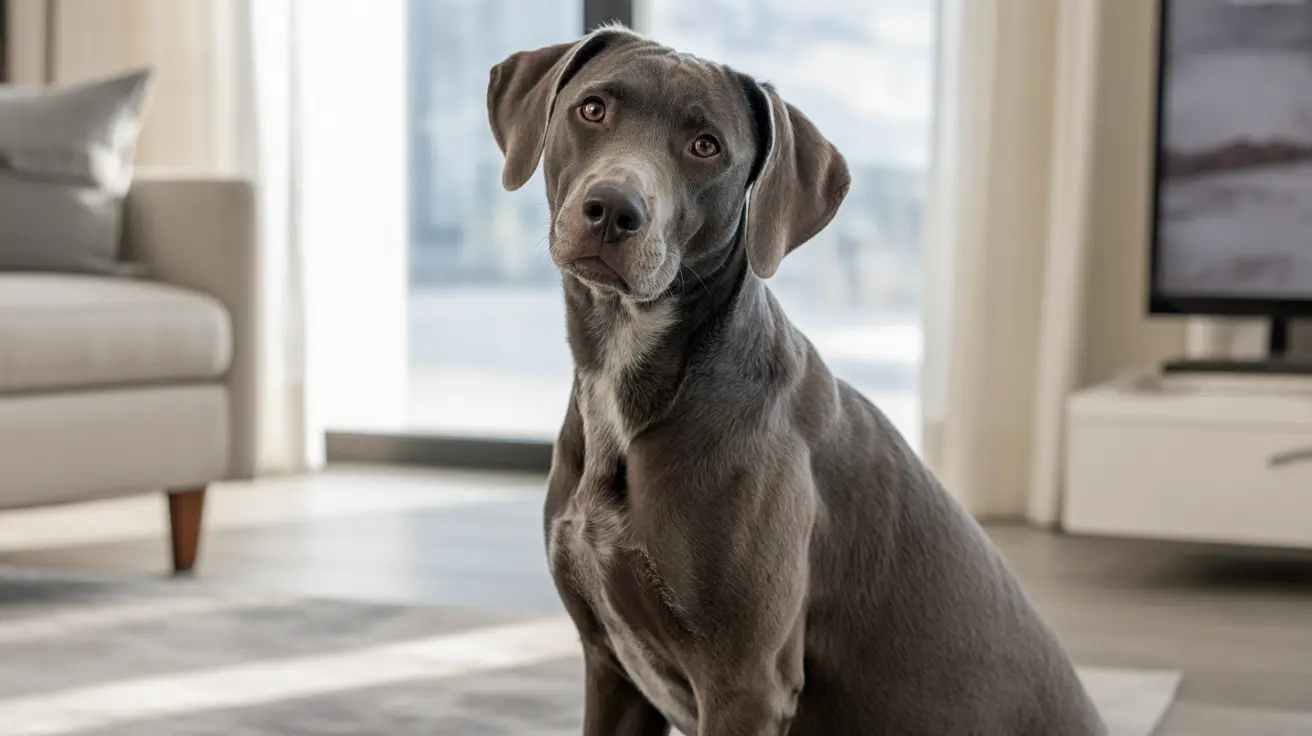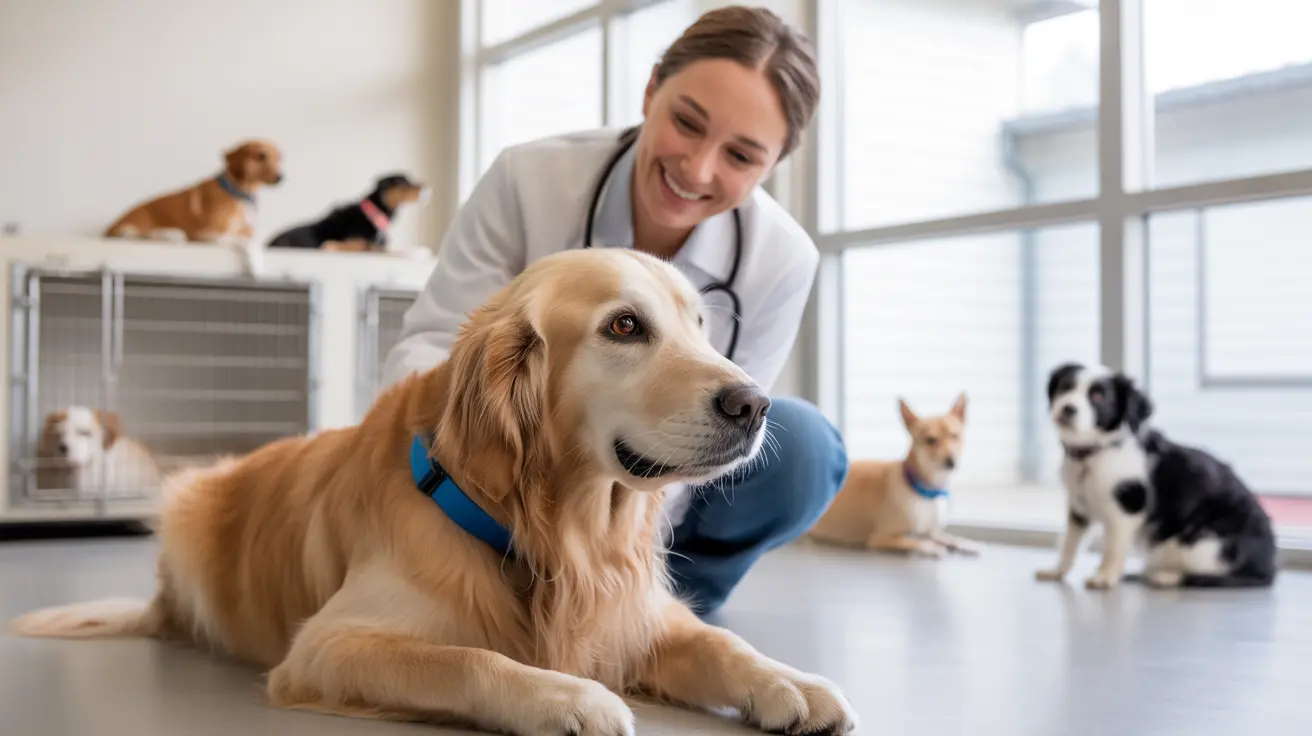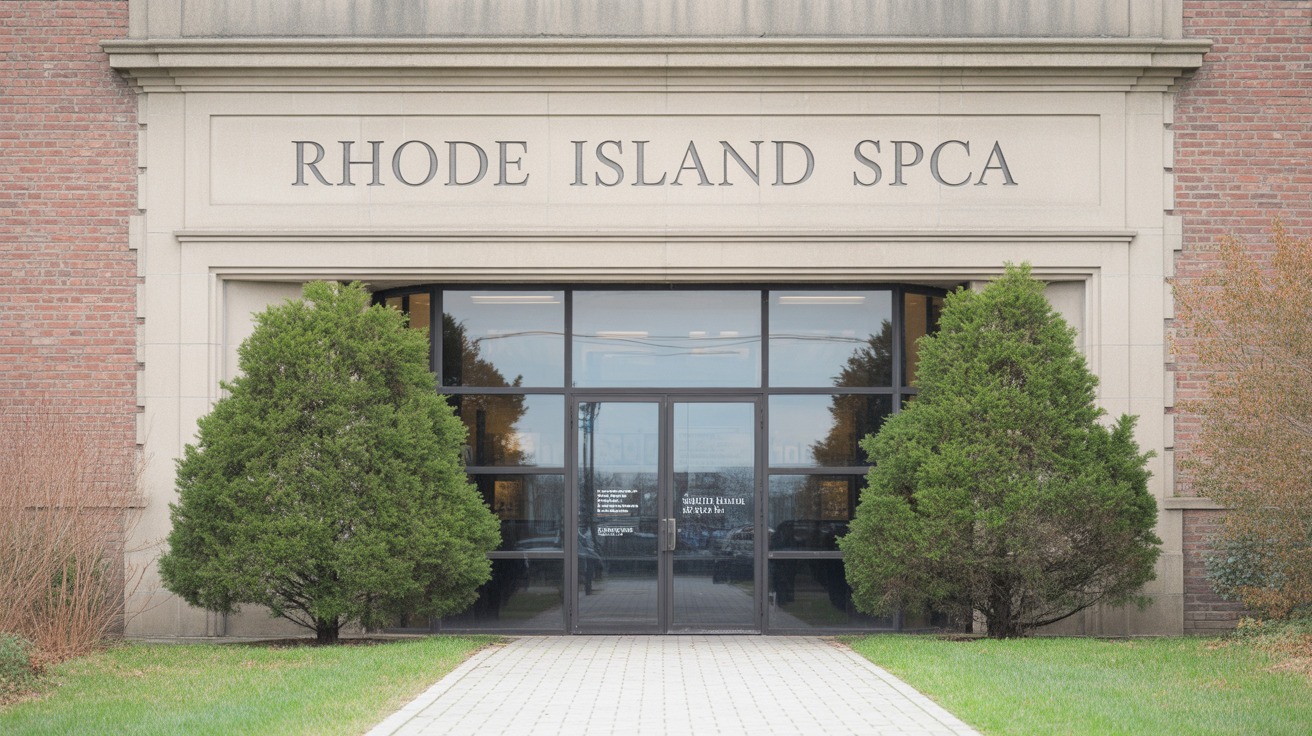Dog owners often seek simple, wholesome meal options for their furry companions, and boiled chicken frequently emerges as a popular choice. While this lean protein can be beneficial, understanding its proper use is crucial for maintaining your dog's optimal health and nutrition.
This guide will explore the nuances of feeding boiled chicken to dogs, highlighting when it's appropriate, potential risks, and how to incorporate it safely into your pet's diet.
Understanding Boiled Chicken as a Dog Food Option
Boiled chicken is a protein-rich, easily digestible food that can serve multiple purposes in a dog's diet. However, it should never be considered a complete nutritional solution. Dogs require a balanced diet with diverse nutrients to support their overall health and well-being.
When Boiled Chicken is Appropriate for Dogs
There are specific scenarios where boiled chicken can be an excellent dietary choice:
- Temporary bland diet for dogs with digestive issues
- Recovery from gastrointestinal upset
- As a protein supplement or treat
- Short-term nutritional support during illness
Portion Control and Recommended Serving Sizes
Proper portioning is critical when feeding boiled chicken to dogs. Veterinary nutrition experts recommend:
- 1/4 to 1/3 cup of boiled chicken per 20 pounds of body weight
- Use as a supplemental treat, not a primary meal
- Gradually reintroduce regular dog food after short-term use
Nutritional Limitations of an All-Chicken Diet
While boiled chicken offers high-quality protein, it lacks essential nutrients crucial for canine health. A diet consisting solely of boiled chicken can lead to significant nutritional deficiencies, including:
- Calcium and phosphorus imbalances
- Insufficient vitamin and mineral intake
- Potential weakening of immune function
- Risk of poor bone health, especially in senior dogs
Creating a Balanced Homemade Diet with Boiled Chicken
To develop a nutritionally complete homemade diet featuring boiled chicken, consider these expert recommendations:
Essential Dietary Components
- Incorporate diverse protein sources
- Add vegetables for fiber and micronutrients
- Include complex carbohydrates
- Use veterinarian-approved supplements
- Ensure balanced calcium and phosphorus ratios
Professional Guidance is Key
Before transitioning to a homemade diet, consult a veterinary nutritionist. They can help you design a meal plan that meets your dog's specific nutritional requirements and health needs.
Potential Health Risks of Improper Feeding
Feeding dogs only boiled chicken can result in serious long-term health complications. Nutrient deficiencies may manifest as:
- Weakened immune system
- Muscle loss
- Compromised organ function
- Reduced energy levels
- Potential developmental issues in younger dogs
Frequently Asked Questions
Is it safe to feed my dog only boiled chicken every day?
No, feeding only boiled chicken can lead to serious nutritional deficiencies. While chicken is a good protein source, dogs require a balanced diet with various nutrients.
What are the health risks if my dog eats only boiled chicken for a long time?
Long-term chicken-only diets can cause vitamin and mineral deficiencies, potentially leading to weakened immune function, poor bone health, and other serious medical conditions.
How much boiled chicken can I feed my dog as a treat or part of their meal?
Limit boiled chicken to approximately 1/4 to 1/3 cup per 20 pounds of body weight, using it as a supplement to a balanced diet rather than the primary food source.
Can boiled chicken help with my dog's upset stomach, and how should I feed it properly?
Boiled chicken can be an effective bland diet for dogs with mild digestive issues. Pair it with plain rice and consult your veterinarian if symptoms persist.
How do I create a balanced homemade diet for my dog using boiled chicken?
Work with a veterinary nutritionist to develop a comprehensive meal plan that includes boiled chicken, diverse protein sources, vegetables, and appropriate supplements.
By understanding the role of boiled chicken in your dog's diet and consulting professionals, you can ensure your furry friend receives optimal nutrition and maintains excellent health.






